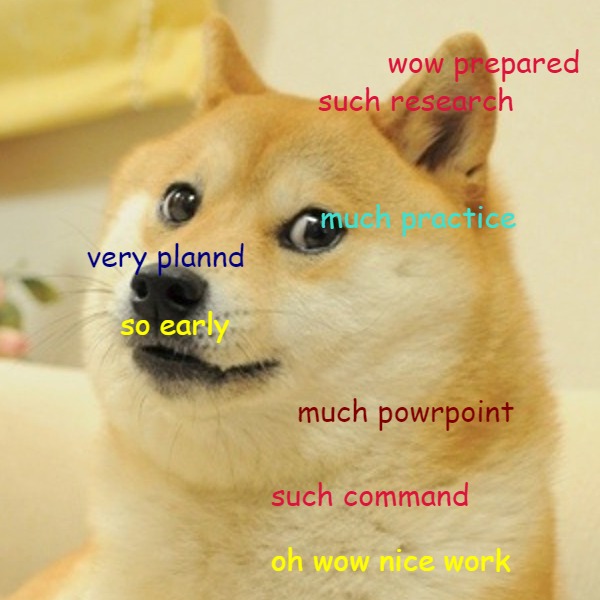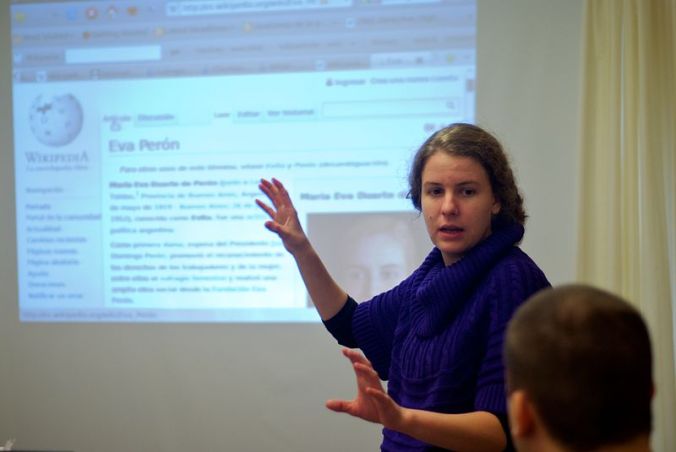Hi. My name is Rebecca Gale and I like to study old scrapbooks.
I’m pretty embarrassed about that…I feel self-conscious every time I have to bring it up. But I can’t seem to let go of my desire to look at these musty collections of random crap that I once described as “compressed trash bins.” They’re so strange and personal and cryptic and beautiful. They tell stories of people who didn’t get to invent gunpowder or write a best-selling novel or marry someone famous.
I love untangling those stories from the web of junk pasted onto crumbling paper and literally letting them see the light of day again. I love the sense of fulfillment that comes from giving voice to someone who has been overlooked. I love the fun discoveries that come when you open an envelope and find a love affair or a half-eaten cookie, the layers and layers of meaning, the little mysteries that will never be solved.
Beyond that, I think a little part of me is afraid that I’ll never make it into the history textbooks either, so I like to think maybe one day someone will open up the acid free archival boxes containing my own carefully constructed creations and give them a second glance. I like the thought of giving forgotten people a second life, a chance for their stories and secrets to see the light of day. Because I, too, one day will probably just be a box collecting dust on the shelf of some historical society shelf (if I’m lucky enough to even end up there.)
I know my reasons for loving scrapbooks are legitimate. I firmly believe deep down that they are treasure troves of historical knowledge worthy of attention and study. But I’m still embarrassed to admit I like researching something as girly, messy, silly and sentimental as scrapbooks, something associated with $7.99/pack Martha Stewart stickers, middle-aged moms, and glitter. Even using the term “research” to refer to them seems like a stretch. When I try to describe why I think they’re important to other people, I just get bashful and tongue-tied.
I was talking recently with my professor about how easy it is to feel insecure as a student. This summer, I participated in a fellowship program, learning about material culture studies, something I’m passionate about, but quickly realized I knew much less about than I thought. I spent a lot of the summer grappling with self-doubt, feeling dumb because I gave a wrong answer in a seminar or frustrated because I didn’t speak up when I did know the answer. I felt inferior to my colleagues who had a much more extensive knowledge of decorative arts and art history. I even occasionally felt angry, perceiving that I was belittled or underappreciated. (As a side note, I also think my teeth got even more crooked this summer, and I’d like someone to please contact my middle school orthodontist and demand a complete refund at this point.)
As I shared all this with my professor, I tried to counter-balance some of my ranting with the lessons I had learned along the way, in spite of how frustrated I had sometimes been. Mostly I was thankful for the clarity that the program brought to some of my goals for future study and my career. But at one point I also mentioned to her that maybe it was good for me to realize that I need to start finding value of my own academic abilities and scholarly worth within myself, rather than relying on external affirmation or letting myself be swayed by situations not going as I hoped or people criticizing my efforts.
My professor responded to this by telling about how she herself up until recently had constantly questioned her ability as an academic, all through the process of getting her PhD and even afterwards as she worked on writing a book. Then suddenly she realized that if she was passionate about her topic, others would see its value too. It was amazing to me that someone so obviously intelligent and capable, working in a legitimate, established, respected field of research could feel so insecure. But the more I get to know people, the more I realize that something most humans have in common is insecurity.
I’ve come across a lot of cocky people, especially in academics, who are constantly trying to name drop or network or make clear that they know just what or who it is you’re talking about. As annoyed as I get with these people, on a certain level, I feel bad for them, because I think that they’re the most insecure of us all. I could be wrong, but I think the constant efforts to prove themselves to people, even when nobody has asked them to, stem from some some need deep down to impress, which in turn comes from a fear that they are not enough.
I’ve been guilty of bragging and trying to prove myself too though most of the time my insecurity manifests itself as timidity or silent self-doubt. Either way it isn’t healthy. Insecurity in any form, about anything, eats away at us and distracts us from dedicating ourselves to whatever work or cause is our purpose in life. We drop classes, don’t turn in applications, put projects away in drawers, keep quiet instead of engaging in exploration of a topic, play it safe when we should take risks, don’t ask questions for fear of seeming ignorant, and don’t speak up for our cause or passion for fear of judgment, thus minimizing the impact we could have on the world.
Own your cause. Pursue your passion. Talk back to your doubt. Let go – bit by bit – of your insecurity. Move forward in spite of your anxiety. Speak out in spite of the fear of judgment. Continue to speak even when judgment – or perhaps worse, silence – comes. You were given certain interests and loves for a reason, so you could bring awareness to them. Unfortunately, not everyone will see the importance of your passion because not everyone is passionate about the same thing.
And sadly some people, because of their insecurity, feel the need to put down others’ passions in an attempt to validate their own. This is awful behavior, but also probably the sign that they are, deep down, a broken human being with their own self-doubt. But look for the people who are what Anne of Green Gables (another love of mine I’m always ashamed to admit) called “kindred spirits” – those who share your love. Or those who are allies, who can appreciate and support you and your love, even if it’s not theirs personally.
Cultivate relationships with those people. Take a risk and open up to them when you experience doubt about your work or even your value and ability as an academic. This is an act of strength that any good friend will respect you for and be happy to tell you not to be ridiculous, you are one of the smartest people they know, etc. And do the world a favor by being an ally, even to those who love something you just can’t get excited about, listening to their point of view, giving their work your time and attention, and letting them know that you respect their work and encouraging them to continue to pursue their passion.
Whoever you are, wherever you study, whatever you love, go for it. Do the best work that you can do. Practice articulating why what you love is worth studying. Write or speak about it for a non-academic audience to gain experience communicating your topic’s importance to the layman (no offense to non-academics – you are normal and wonderful.)
Love what you love and your passion will shine through as you speak and write about it. Others will be convinced and made to appreciate it too. Maybe not everyone, but some people. There is great power in doing work well and in doing what it is you were meant to do. Someone was meant to bring light to your topic, and that person may very well be you.
My name is Rebecca Gale, and I really love scrapbooks. (And, yes, I do make them too, okay.)

